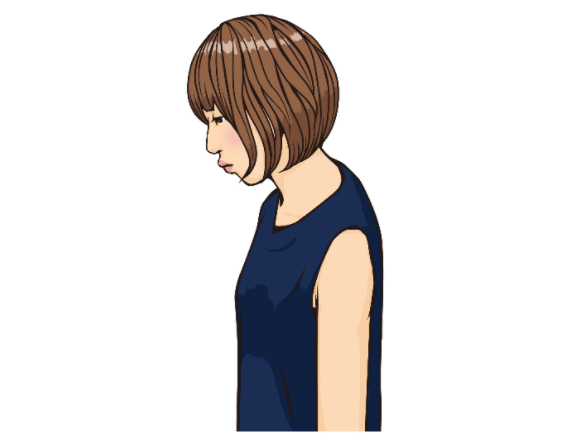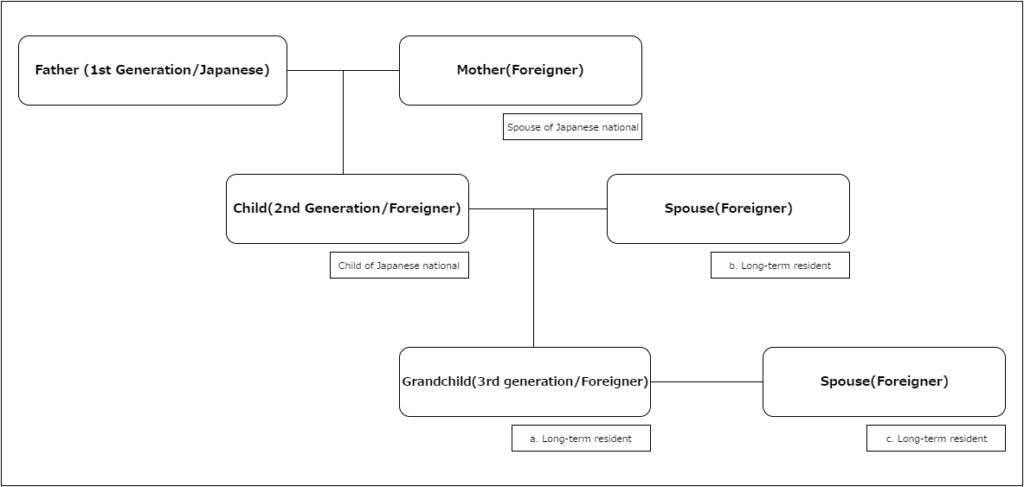
Today, I’d like to introduce the notification from Immigration Office about same sex marriage and status of residence to you.
This is the summarized version I made.
The “spouse” stipulated in the status of residence “Dependent”, “Spouse of Permanent Resident”, etc. means that the one whose marriage is regarded as valid under the relating Japanese Laws on marriage as well.
It did not contain the spouse of same sex marriage, even if the marriage is valid under their national laws.
However, from now on, we decided that in principle we will allow the spouse of same sex marriage to enter and stay here under the status of residence “Designated Activities”.
There are mainly two reasons.
One is that recent other countries’ circumstances of organizing the laws relating same sex marriage, such as operation of same sex marriage in France in May, 2015.
The other is that from humanitarian perspective, as to the person who already live under same sex marriage, we should give them consideration so that they can live here stably as same as living in their countries.
So, now, there is a possibility that you can give your partner a status of residence.
Thank you.
Solicitor & Immigration Lawyer Hitoshi Oishi




 (5) Dependent
(5) Dependent




